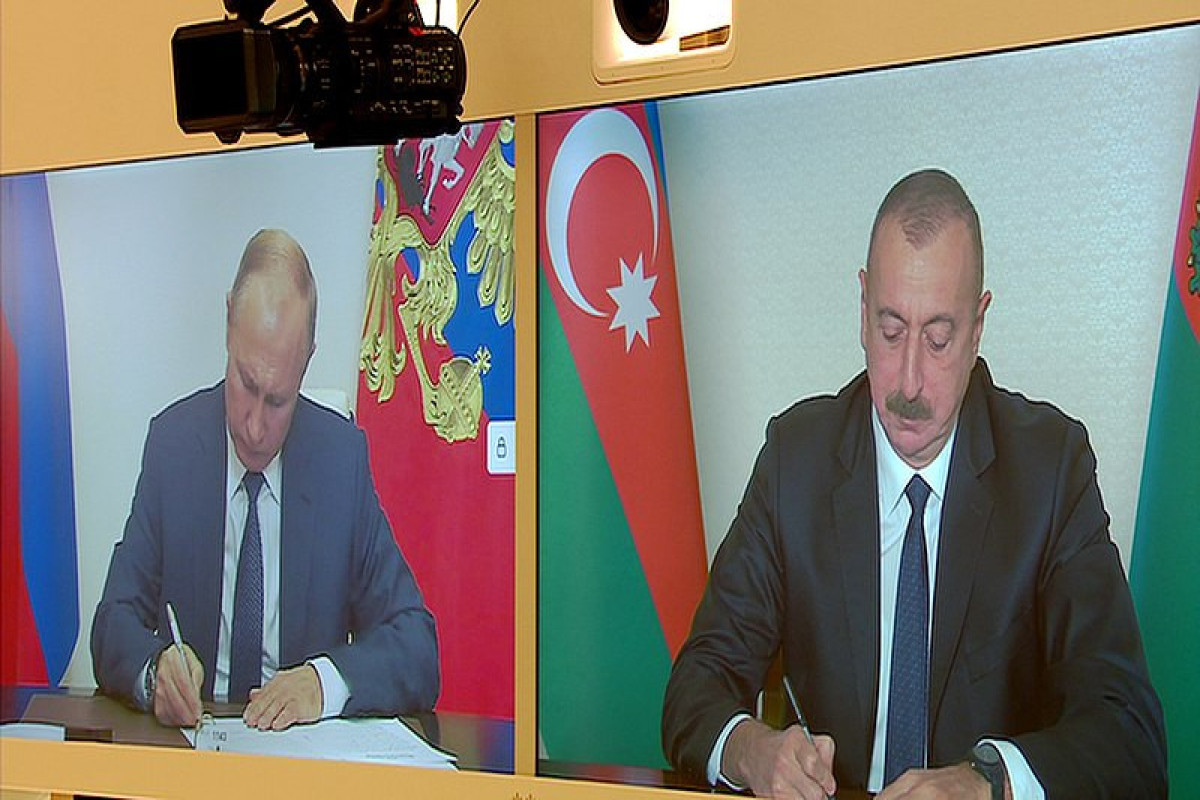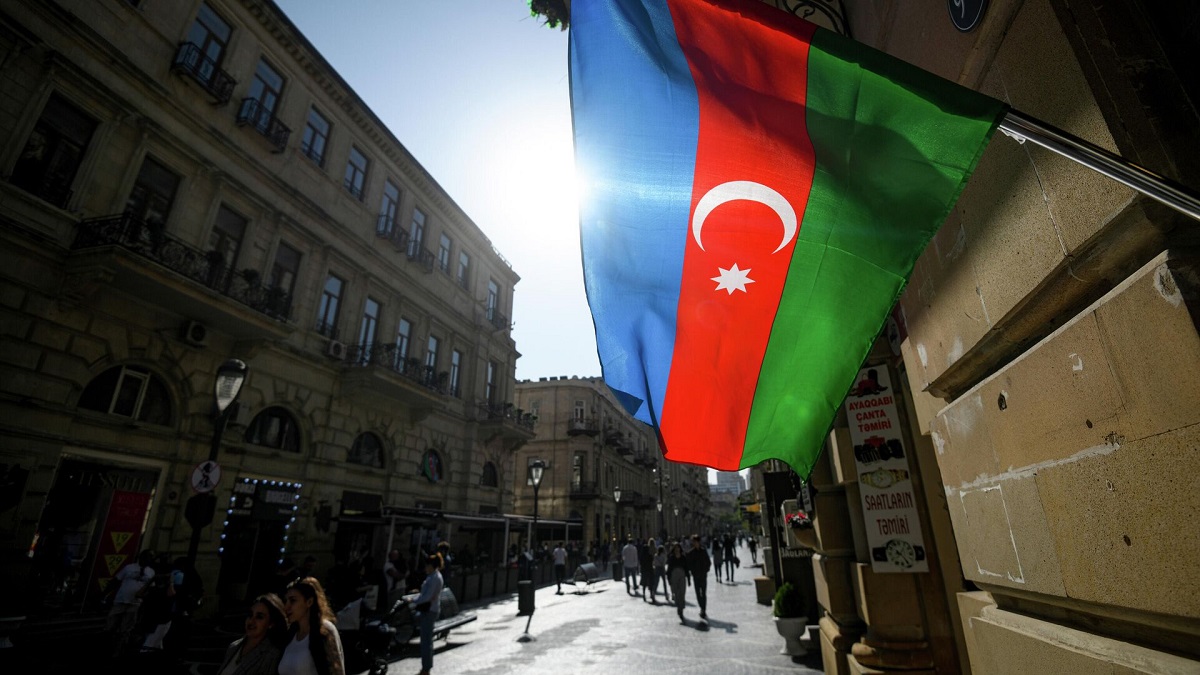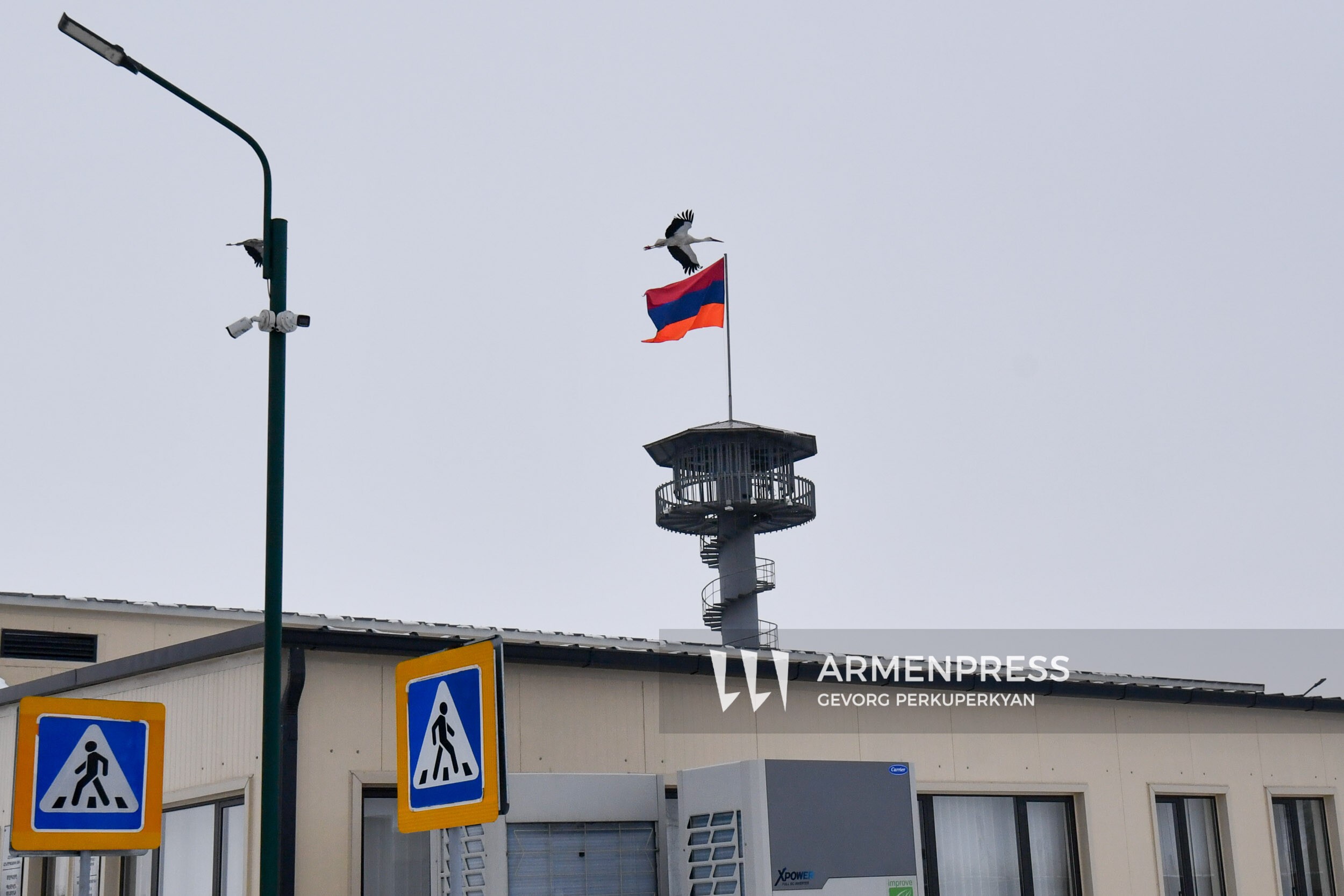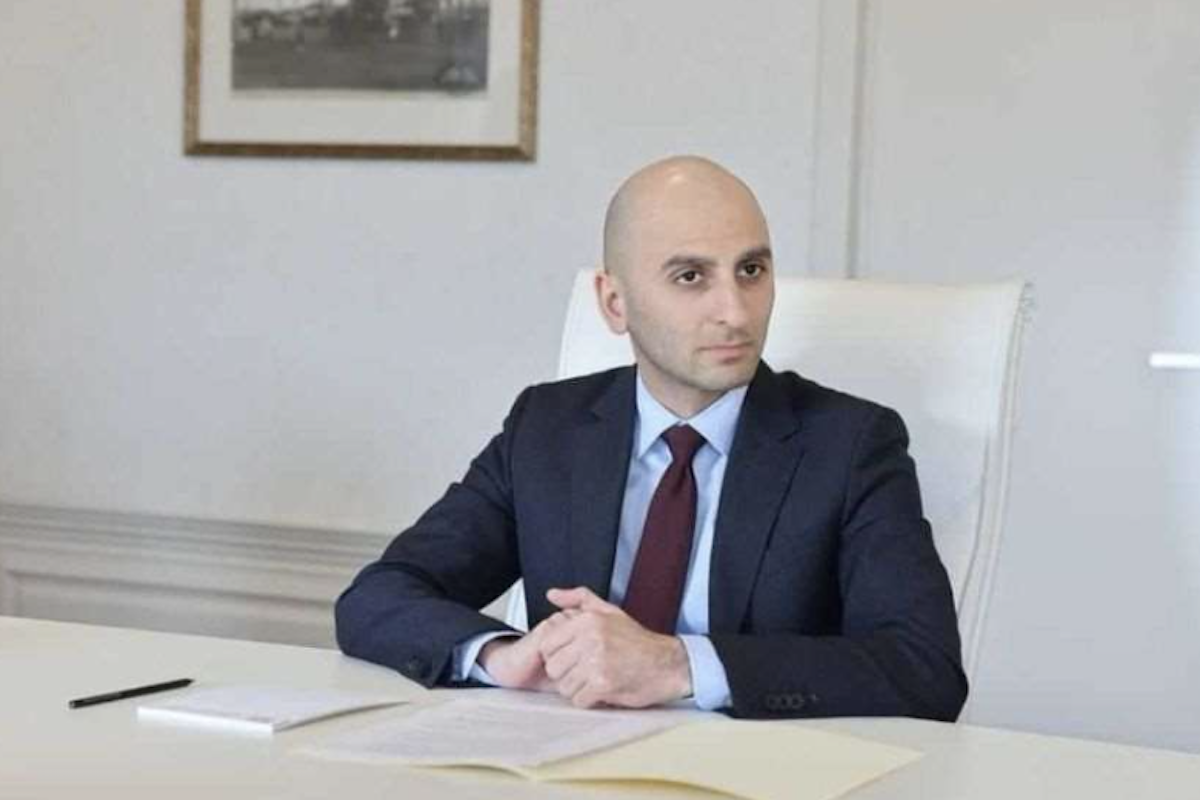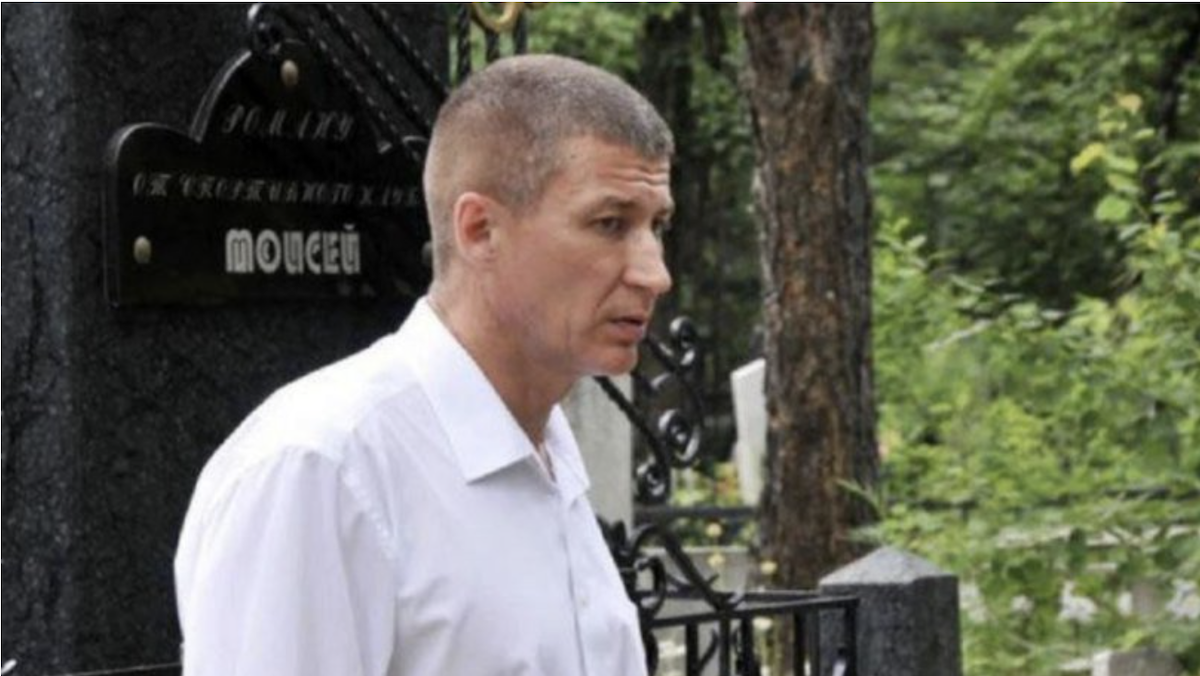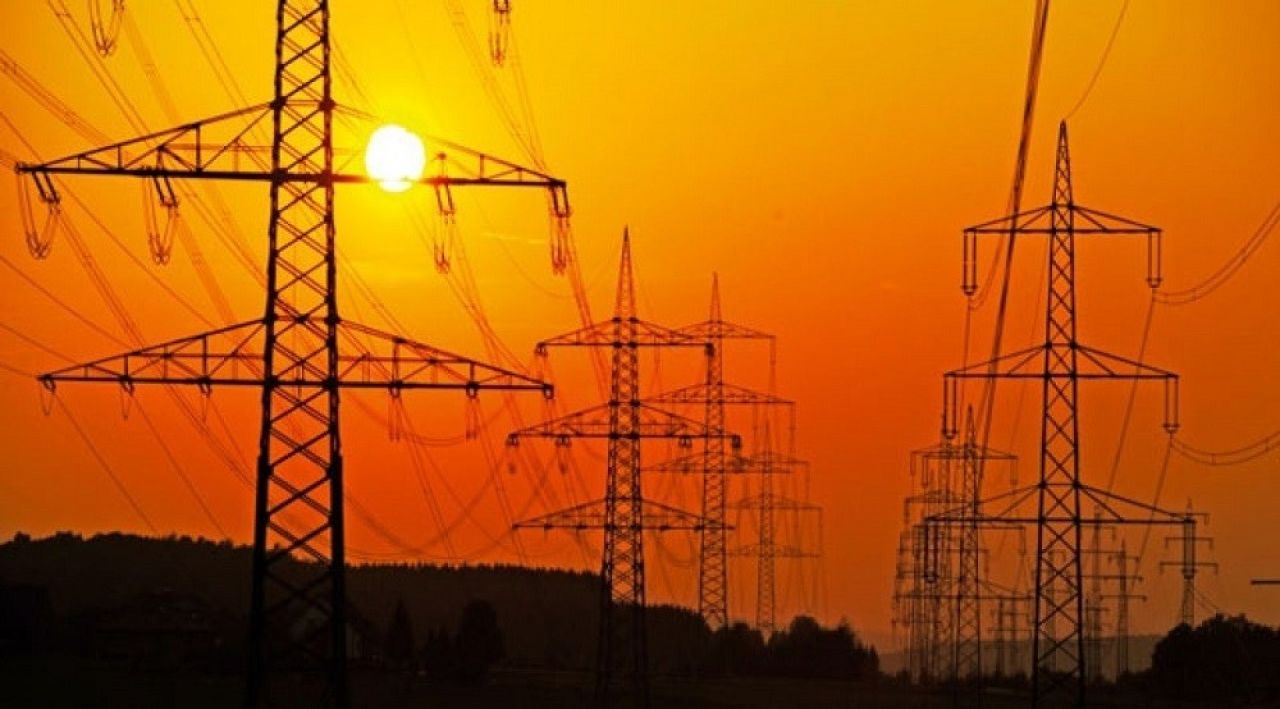Opinion from Baku on relations between the West and Azerbaijan
On relations between the West and Azerbaijan
The relations of the collective West with Azerbaijan have recently been characterized by tension, with the United States and France are prominent among the leading Western countries. At the root of this tension is the West’s reaction to the restoration of territorial integrity by Azerbaijan.
“The recognition of Karabakh as an integral part of Azerbaijan, emanating from international law and verdicts of the UN governing structures, on the part of the collective West has almost always been more declarative than practical,” political observer Haji Namazov argues.
- Ilham Aliyev: “People and cargo from Azerbaijan to Azerbaijan should pass without inspection”
- Georgia’s foreign debt rises to $8.9 billion
- Honorary titles will no longer be awarded in Armenia
Political observer Haji Namazov commented for JAMnews on the current situation in the West’s relations with Azerbaijan and the reasons behind them.
About the causes of tension
“Regarding the attitude of the West to the restoration of Azerbaijan’s sovereignty over the entire territory of Karabakh, it is necessary to look back and remember whether anything has changed over the past three and a half years, i.e. since the end of the second Karabakh war?
Let me emphasize at once that the recognition of Karabakh as an integral part of Azerbaijan, coming from international law and the verdicts of the UN governing structures, on the part of the collective West has almost always been more declarative than practical.
This became clear immediately after the end of the second Karabakh war. It is enough to recall the visits of the diplomatic corps accredited in Baku to the liberated territories. Everyone knows that diplomats of the United States and leading EU countries visited territories that were not once part of the NKAO, but refused to go, for example, to Shusha. It is quite difficult to understand the logic here. One can assume that Western politicians still perceive former Nagorno-Karabakh as a disputed territory, which in no way corresponds to the same international law.
Strange things became stranger after the armed forces of Azerbaijan took control of the entire border with Armenia and official Baku set up a checkpoint in the Lachin district in April 2023.
It would seem that everything is normal to the extent that it cannot be more normal – the state controls its own borders, and there is a checkpoint on the border. And, note that this checkpoint is located on the territory of the Lachin region, the occupation of which by the Armenian armed forces was not in doubt for anyone in the world, of course, except for Armenia itself. In other words, we are not even talking about the territory of the former NKAO.
Here the West began to appeal to the paragraph of the trilateral statement of November 10, 2020, which has not been ratified by the Azerbaijani parliament, i.e. does not have the attributes of an international binding document. At the same time, the West did not hesitate to ignore Armenia’s violations of other clauses of the same statement, from the failure to withdraw Armenian armed forces from Karabakh to the failure to provide Azerbaijan with a road linking its western regions with Nakhichevan.
Further, when the entire territory of Karabakh was already under Azerbaijani control, given the activity of the Lachin checkpoint, except for the part where Russian peacekeepers were stationed, the West continued to link communication with Khankendi exclusively through Armenian territory. Everyone remembers the trucks sent by France under the guise of humanitarian aid, but got stuck at the border without reaching Karabakh. Even the formally neutral Red Cross acted in Khankendi until the last day as a subdivision of the organization in Armenia.
Conventional logic dictates the opposite: if you recognize Karabakh as Azerbaijani territory, and you should, as all international laws require it, then you should travel to Karabakh through the territory of Azerbaijan, not through a neighboring state. The same applies to the Red Cross, which should have been subordinated to its structure in Baku, not in Yerevan.”
Second spiral
“Azerbaijan’s reaction to this attitude towards its internationally recognized territory was initially restrained. Baku was content with statements and appeals to respect international law. But after the counter-terrorist operation of September 19-20, 2023, Azerbaijan’s position towards the West became adequate.
And the situation in Azerbaijan’s relations with the West, especially with the U.S. and France at the moment, leaves much to be desired.
Everything is clear with France. This country, abandoning all diplomatic etiquette, its former long-standing, though fruitless mediation in the region, began to openly support Armenia. One can forget about Paris’ neutrality and appeals for peace coming from it.
The U.S. is no less surprised. Washington does not abandon its attempts to continue mediation between Baku and Yerevan, there are calls for peace and continuation of negotiations, but at the same time the U.S. demonstrates an unfriendly attitude towards one of the parties. Thus, Washington unilaterally announced the impossibility of visits of high-ranking officials to Azerbaijan (however, later it asked for a visit itself) and recalled the long-forgotten 907th Amendment. Official Baku was not in debt and responded with adequate countermeasures.
Today an unprecedented situation has been created in Baku: the new U.S. ambassador has been in the capital of Azerbaijan for more than a month, but still has not been received by President Ilham Aliyev. The Ambassador managed to present copies of his credentials to the country’s Foreign Minister, but he has still not been received at the highest level.”
On solving the problem
“The logic of normalization of Baku’s relations with the West is clear: like the entire civilized world, Western states must come to terms with objective reality and declare recognition of Azerbaijan’s territorial integrity. There is no other way and there can be no other way. This is required by international law, on which the existing world order is based today.”










